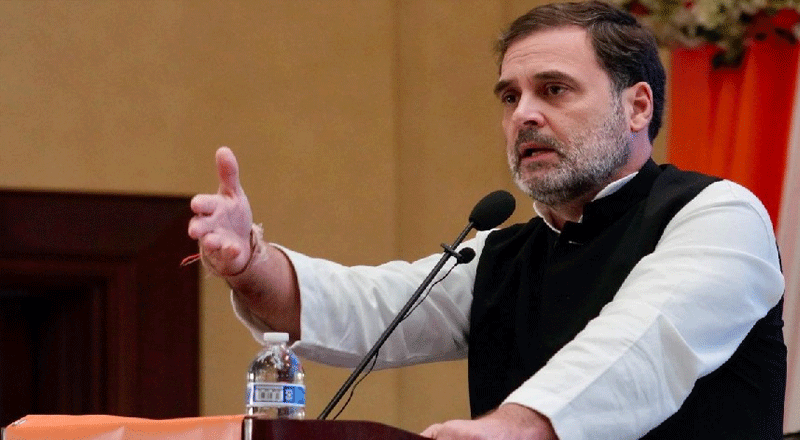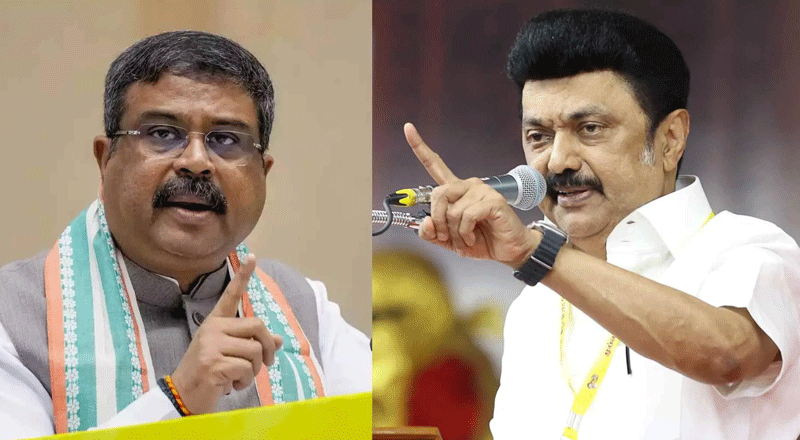Rahul Gandhi’s Parliament Speech and Its Significance
Congress MP Rahul Gandhi made headlines on February 3 during his address in the Lok Sabha during the Motion of Thanks to the President’s address. Holding up his mobile phone multiple times, he criticized the Modi government’s Make in India policy, arguing that despite efforts, India has failed to achieve true manufacturing independence. His demonstration highlighted the dependence on Chinese components, sparking a broader discussion on India’s industrial policies and global economic dependencies.
Rahul Gandhi’s Critique of Make in India
During his speech, Gandhi pointed to his phone, emphasizing that while India claims to manufacture mobile phones, they are merely assembled domestically, with components sourced from China. “All the components of this phone are made in China…we are paying a tax to China,” he remarked.
Gandhi acknowledged that Prime Minister Narendra Modi’s Make in India initiative was a commendable idea but asserted that it had failed in execution. Citing economic data, he noted that manufacturing’s contribution to India’s GDP had declined from 15.3% in 2014 to 12.6% in 2024, the lowest in 60 years.
India’s Manufacturing Struggles and Global Implications
Gandhi argued that any successful economy must effectively organize both consumption (services) and production (manufacturing). He highlighted that while India has excelled in services, its manufacturing sector has lagged due to inadequate industrial organization and production planning. This stagnation, he suggested, puts India at a disadvantage in the global economy, making it reliant on imports and foreign manufacturing hubs like China.
The Global Impact of India’s Manufacturing Policies
Gandhi’s critique raises important questions about India’s manufacturing trajectory and its implications for global trade. If India fails to strengthen its production capabilities, it risks losing economic opportunities to manufacturing powerhouses like China. Strengthening domestic production is not just a national issue but a global concern, as India plays a crucial role in international supply chains. Whether this debate leads to policy reforms remains to be seen, but the discussion is vital for India’s long-term economic strategy and global economic positioning.
(With inputs from agencies)





